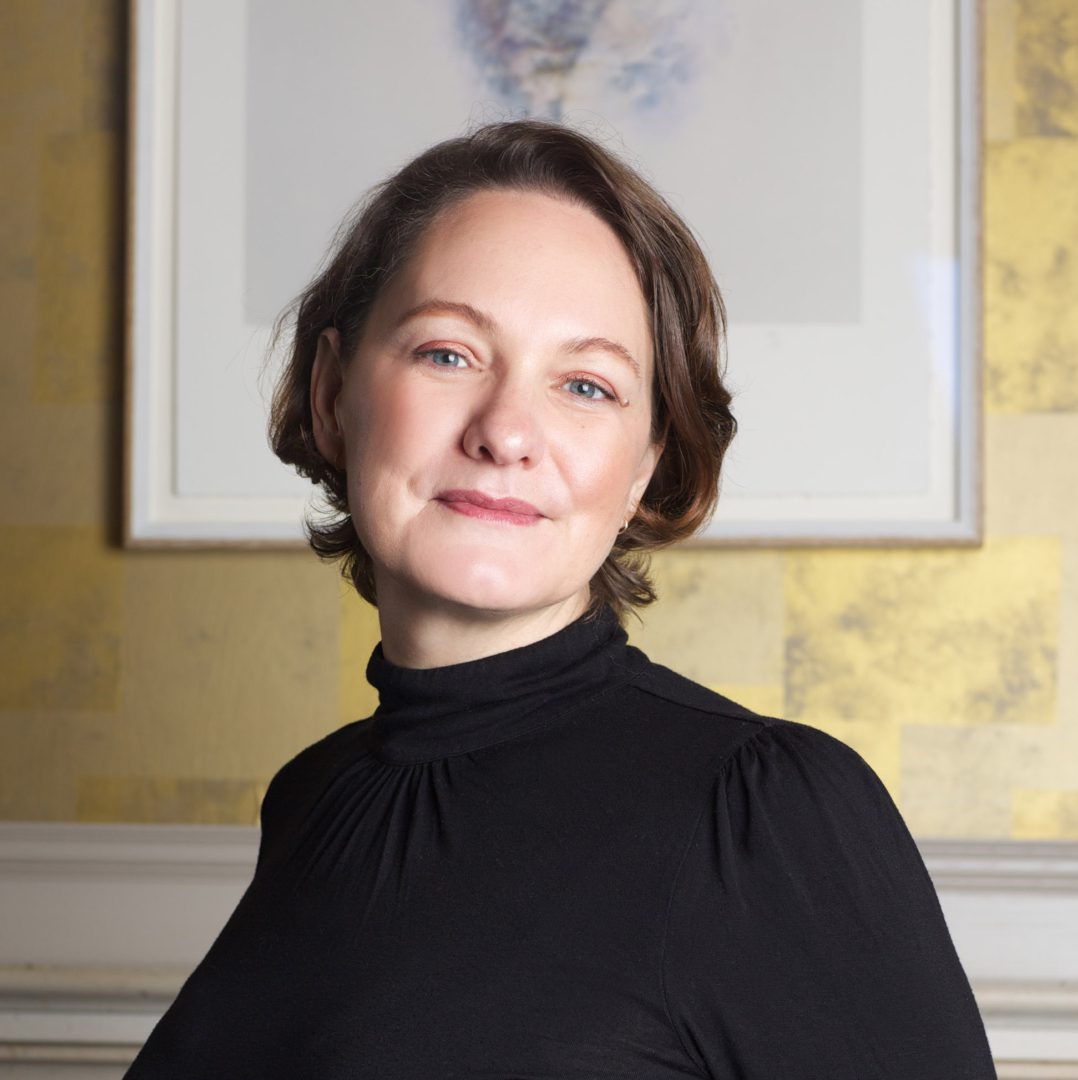Cars beep and lorries rumble past on the busy streets of São Paulo. Nicole Baker, PhD, CEO and co-founder at biologit, is in Brazil on business as she reflects on a familiar problem. “There’s so much medical literature out there. The volume is so high it can be difficult to follow it all,” she says.
This issue would inspire Nicole to create her own start-up company, with the support of Enterprise Ireland. Before spinning out, the core technology would be developed at Trinity College.
With over 20 years of experience as an immunologist and pharmacovigilance professional, Nicole understood that searching for the latest information on drugs or side effects can pose a real challenge for pharma companies and researchers. Screening can be laborious and impact patients’ safety.
“I kept thinking ‘how can we do this better at a much bigger level?’” says Nicole.
Seeking out opportunity
With that question in mind, she approached Bruno Ohana, PhD, and now CTO and co-founder at biologit. The pair had known each other for years through different projects.
After some discussion, they concluded that AI could filter out redundant information and provide relevant research in an easily accessible form. They created working models to put their theory into practice and were pleased by the results. Nicole recognised that additional expertise and skills would be needed to develop the technology further – she reached out to Enterprise Ireland.
“We wanted to dedicate ourselves full-time, so funding and support would be critical to creating the product,” she says.
Enterprise Ireland confirmed there was potential in the project. They talked through commercialisation avenues and collaboration possibilities to take the idea forward.
The next step was introducing Nicole and Bruno to Professor Lucy Hederman, Assistant Professor, Computer Science, at Trinity College. While Nicole and Bruno had extensive market intel and knowledge of technical strategy, Lucy had the means to build the technology solution.
Having reviewed the working models and accompanying results, Lucy came on board as scientific lead. Trinity’s lab facilities and Lucy’s work would prove to be the backbone of the project. Now the team had invaluable access to a greater level of information around health informatics and AI.
With this collaboration in place, Nicole successfully applied for Commercialisation Funding in 2020. The team could now begin creating a minimum viable product (MVP). The project was gathering real momentum.
Building something special
A team was assembled at Trinity College, with Lucy and Bruno now working in conjunction with the UCD Adapt Centre. With the world in the grips of a pandemic, meeting people in person proved difficult.
“Unfortunately, this hampered things, everything was virtual. We missed interacting with other researchers over coffee, which is easier for making connections,” says Nicole.
Two engineers were hired, along with a group of pharmacovigilance professionals to share their expert knowledge. With everyone on board, the team got to work.
“Our solution needed to de-duplicate and tag every incoming article with predictions based on AI models in collaboration with subject matter experts. This wasn’t going to be built in a week,” she says.
The team created a more accessible workflow by building a front-end for the MVP to speed things up.
After many hard hours and months, the MVP was taking shape.
Thinking bigger
With Enterprise Ireland’s support, Nicole drew on her vast industry experience to gauge reaction to the product. The team gathered feedback through interviews and testing sessions.
Sandboxing was also key to providing further validation, allowing the team to test the MVP in a safe, isolated environment that mimicked the experiences of end-users.
The results exceeded the team’s expectations. They had already submitted a patent and secured disclosure on the technology in conjunction with the Technology Transfer Office at Trinity College, which owns the intellectual property.
They had successfully created a product that could collect information and data about problems in medications. A database of scientific research that was far easier for users to view.
Nicole and the team began receiving industry recognition. She was a finalist in Enterprise Ireland’s Big Ideas 2020. Along with the Dublin Business Innovation Centre, the event allowed Nicole to network with industry leaders and establish important contacts. “Those events were invaluable, allowing us to meet investors and decide where we wanted to go next,” says Nicole.
With the help of Neil Gordon, Start-up Development Manager at Trinity College, Nicole opened dialogue with investors and presented the product. After several discussions, Nicole and Bruno secured private funding. This would be the platform to found Biologit in 2021.
Looking ahead
The future looks bright for Nicole and her team. Biologit now works alongside 20 pilot partners in the pharma industry, rigorously testing its AI models across many cases. “This was something we really worked for – it wasn’t just handed to us. Knowing Enterprise Ireland was behind us filled us with great confidence. They have been great partners and we’re still connected with them today,” says Nicole.
For those embarking on their own commercialisation project, Nicole has some advice: “Focus on your product. It’s a lot of hard work, but with a certain belief, you can accomplish what you set out to achieve.”



